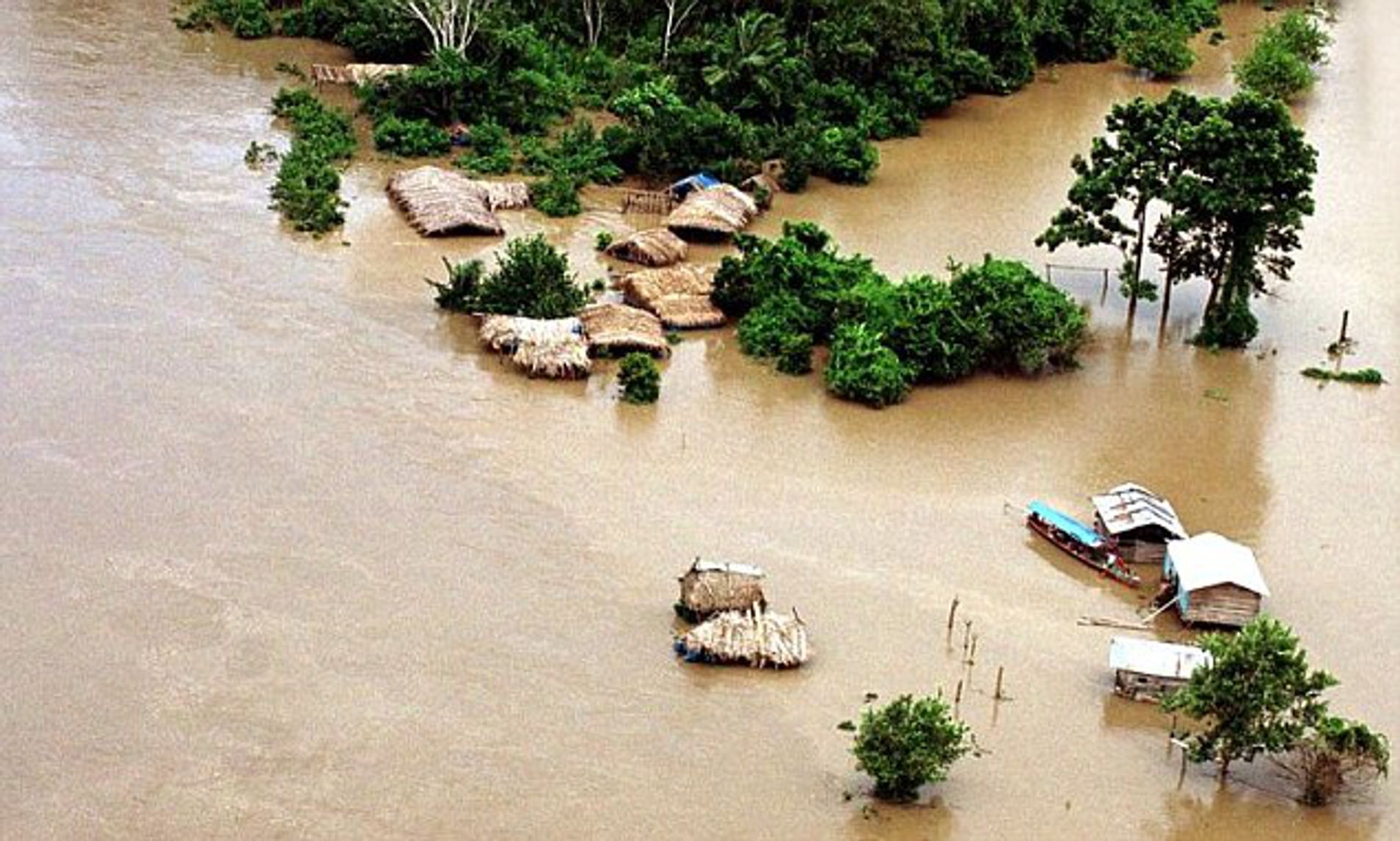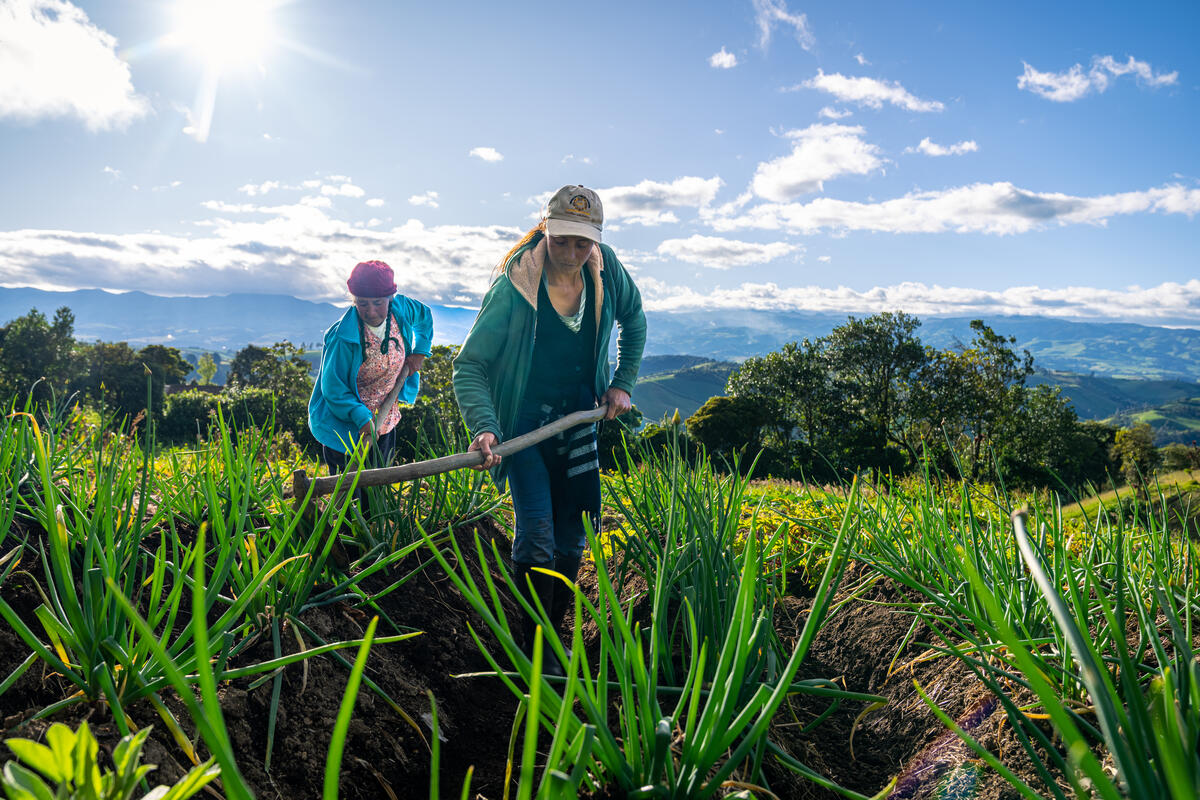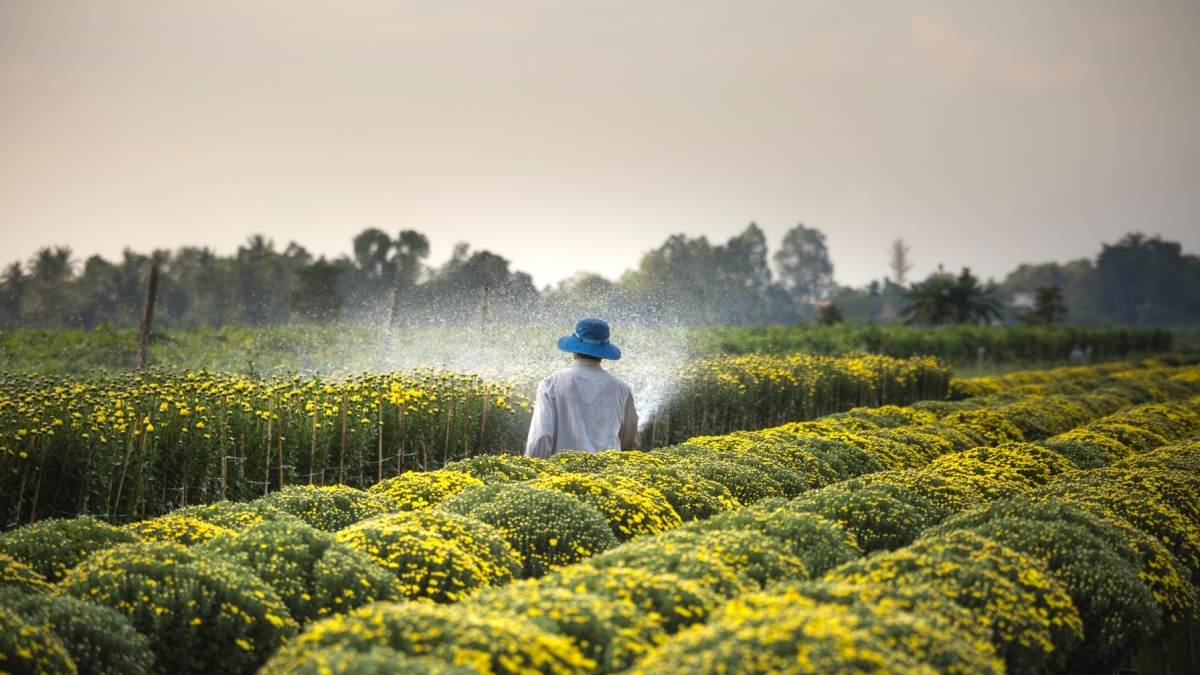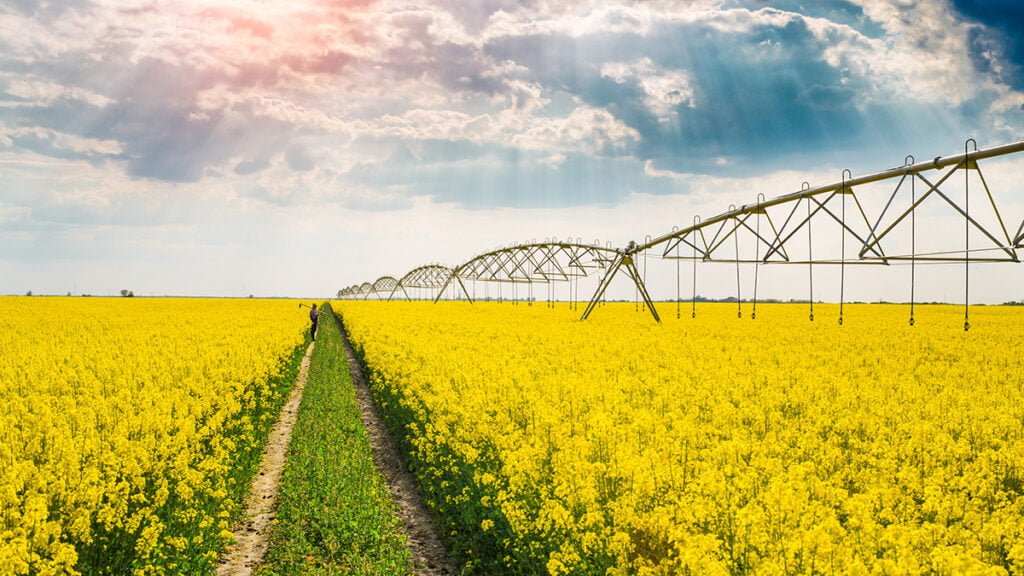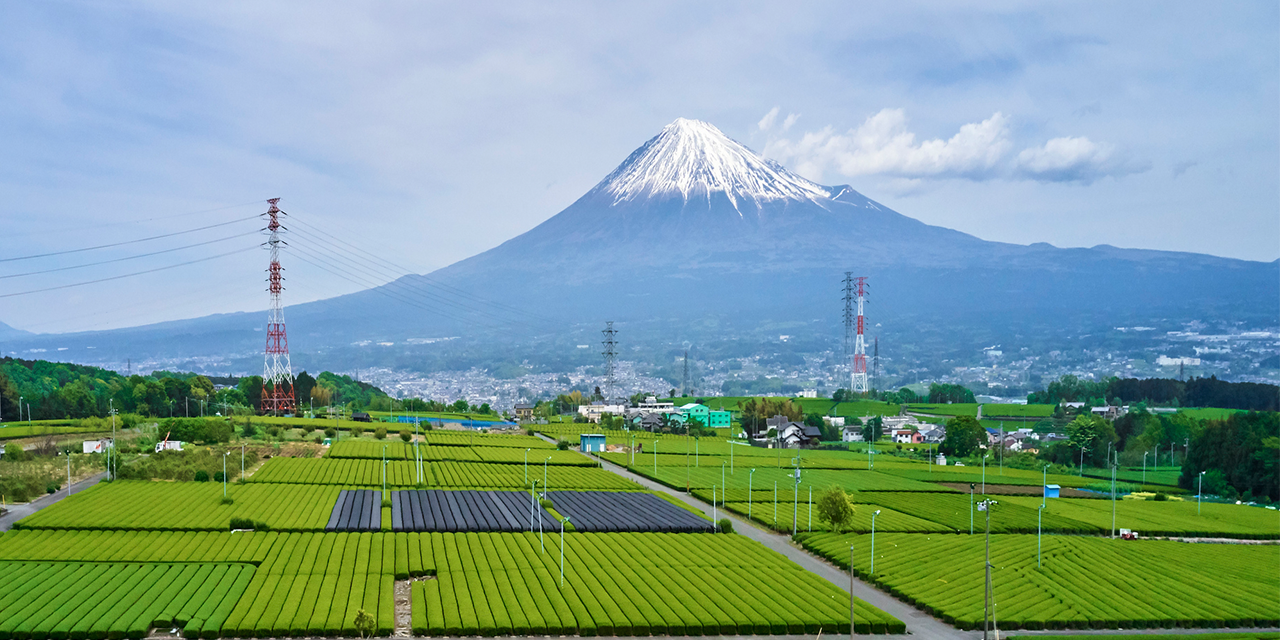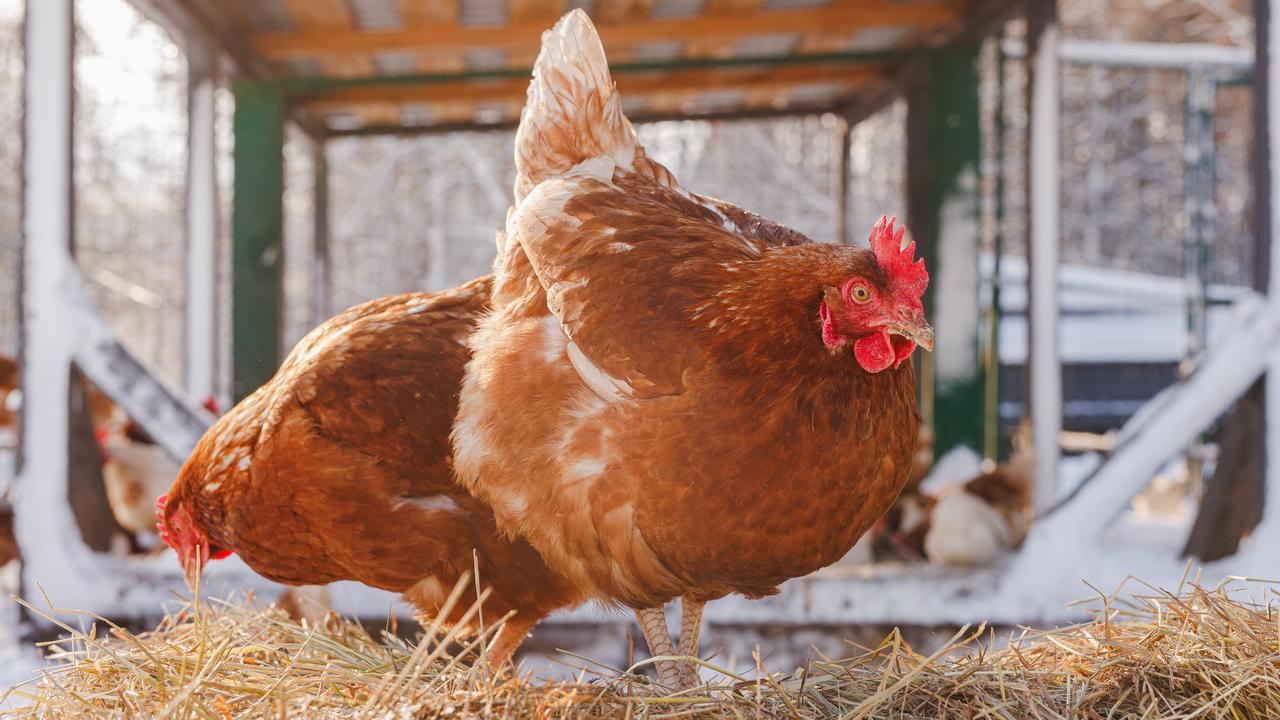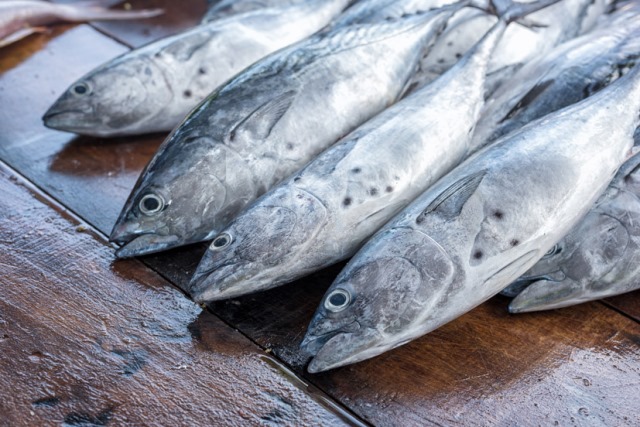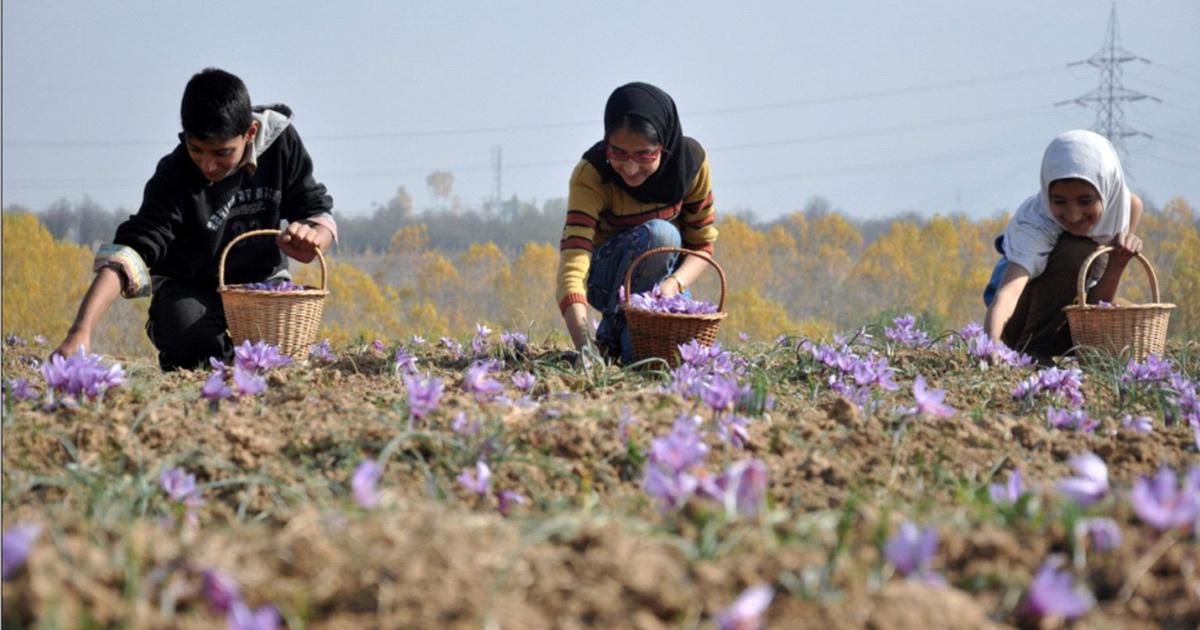More than 8,700 people from indigenous and rural communities, including at least 3,700 children, have been impacted by severe floods in the Peruvian Amazon, said Save the Children, as rains continue to fall.
Classrooms have been flooded, health centres submerged, and crops destroyed, with the brunt of the damage being felt by indigenous and rural communities in small villages in Ucayali, a border region of Peru. These communities already had limited access to services like health centres and schools and lived in low-grade housing, with an economy largely based on subsistence farming.
Since late February, the Ucayali department has experienced intense rains which have caused major rivers to break their banks and flood small villages and farmland. As a result of the damage, the national government has declared parts of the region in a state of emergency. The affected population belongs to more than 60 communities, where people from more than 8 different ethnic groups live, including the Asháninka, Shipibo-Conibo, and Yaminahua.
Schools would normally have opened for the year on 11 March, however the extensive damage to schools caused by the floods has led to a delay to some schools re-opening, potentially until May. At least 93 schools remain flooded. The damage to schools will worsen an already vulnerable education system in the region, which already wasn't equipped to meet the needs of students, said Save the Children.
Cases of acute respiratory and diarrheal diseases (ARDs) in children have quintupled since the rains began at the end of February, likely due to the damage to sewage and water systems, which has led to a severe lack of clean water. Health centres have also been damaged, making treatment for illness difficult. Communities in the area usually source water from underground wells, many of which have also been flooded and contaminated.
Santa Rosa de Tamaya, a representative of the medical staff of the indigenous community, said:
"I am providing care in the hallway of the house where I rent a room; only there do I try to provide as much as possible, because it also gets crowded, and it is not the optimal place for care; there are always possible risks because they can become infected."
The flooding has also caused extensive damage to crops including bananas, potato, corn, and yucca, which are the main economic activity for local families. Many of these products rotted before being harvested due to stagnant water. Most families use these crops for self-consumption, and those who rely on selling these foods are also suffering from hunger because they no longer have products to sell.
William Campbell, Country Director of Save the Children in Peru said:
"This emergency is particularly challenging given the difficult accessibility of the Peruvian Amazon. Children and their families here already face difficulties in the quality of education and health services. We are responding to prevent this crisis from exacerbating existing gaps".
With funding from Start Fund, Save the Children and its local partners are responding to the emergency with various actions: food distribution, provision of equipment for health personnel, rehabilitation of care spaces, delivery of kits for dengue prevention, safe water and hygiene kits for disease prevention. Additionally, coordination is underway to activate a working group to protect children exposed to situations of violence.
Source - https://reliefweb.int


